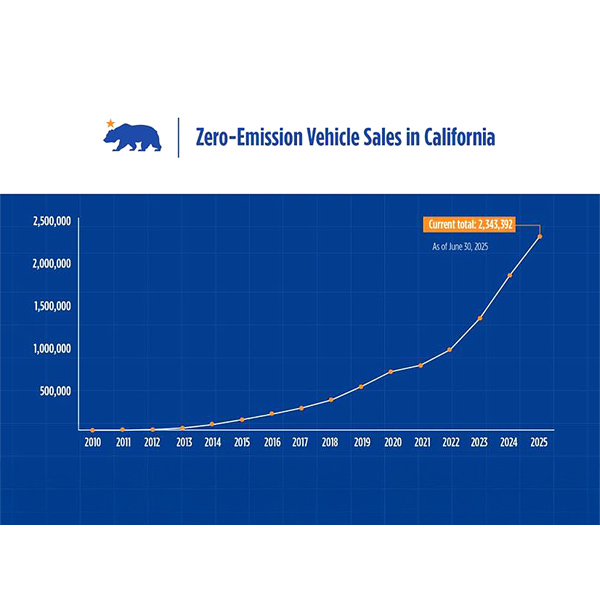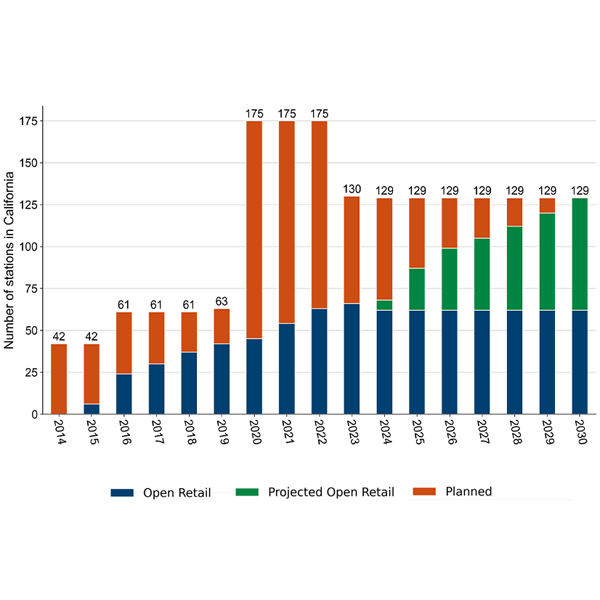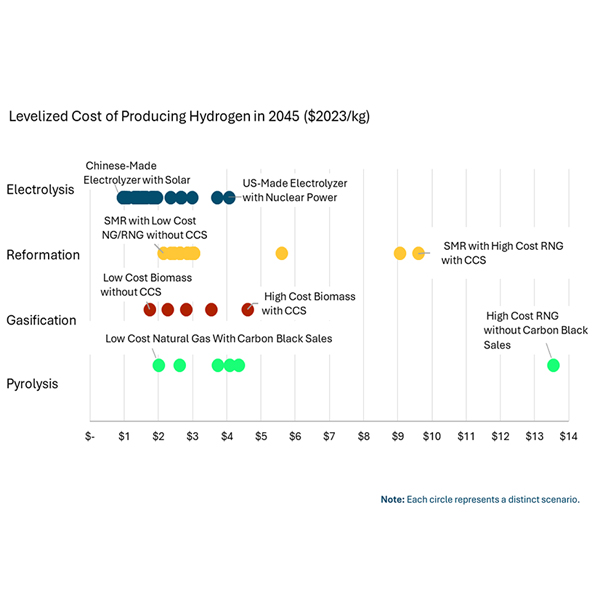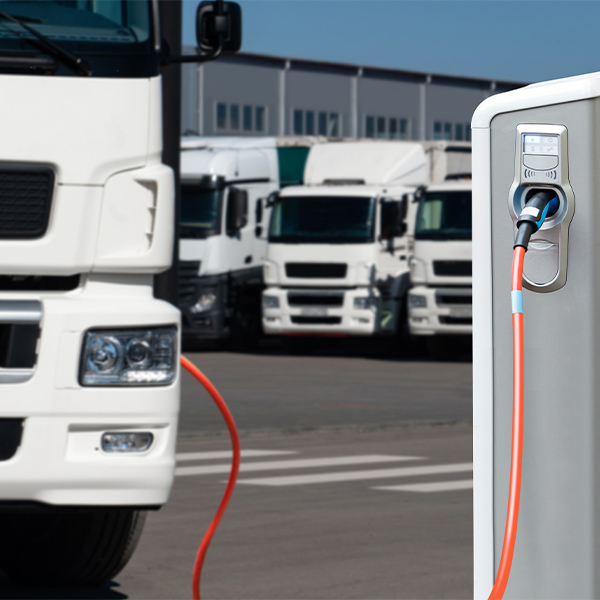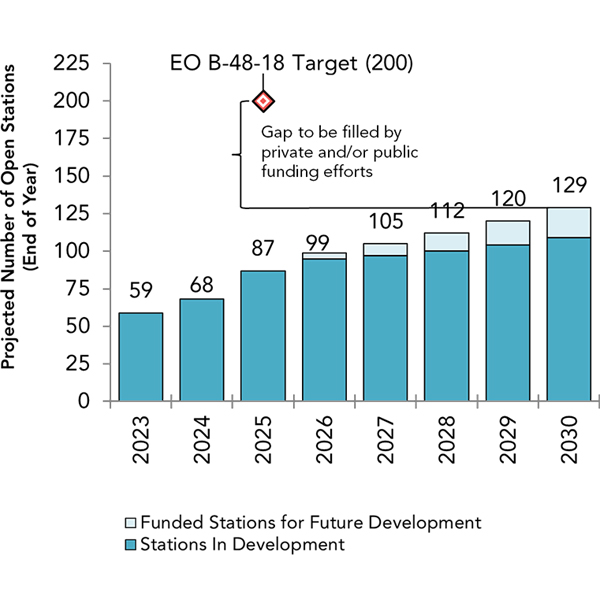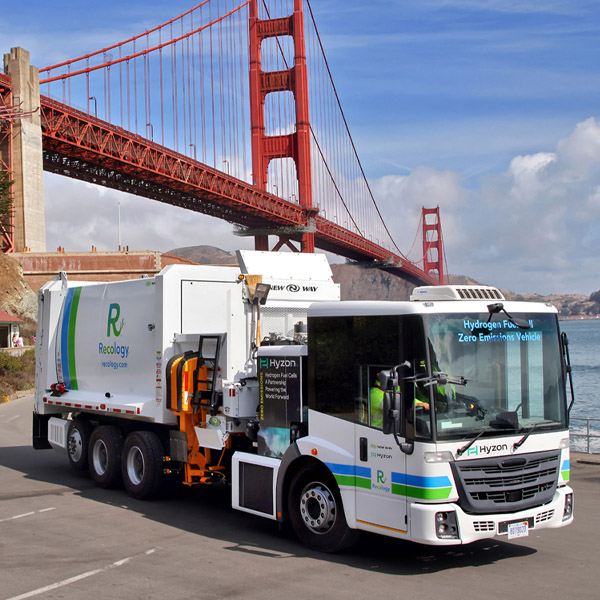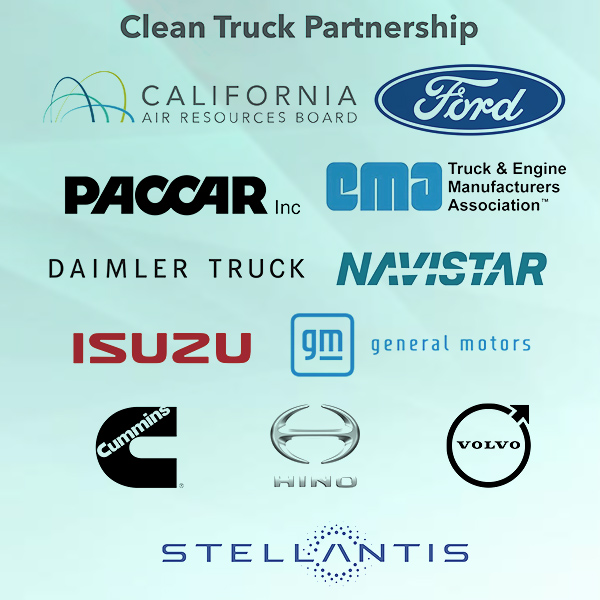California Air Resources Board (CARB)
Facing federal attacks on its landmark zero-emission vehicle regulations, California is “doubling down” on efforts to spur ZEV adoption.
Hydrogen transportation is struggling to find momentum in California, with the number of open fueling stations decreasing again last year, while fuel prices continue to increase.
The U.S. Senate approved a resolution under the Congressional Review Act that would end California's EV mandate.
Consultants are evaluating four primary pathways for hydrogen production in California, and say it’s too soon to eliminate any of them from a long-term strategy for the state’s green hydrogen industry.
California regulators have withdrawn their request for federal approval of a statewide ban on diesel truck sales after 2035, saying they’ve run out of time before President-elect Donald Trump returns to the White House.
Rather than expanding its network of light-duty hydrogen-fueling stations, California lost three stations last year, casting doubt on the state’s ability to meet a 200-station goal, a new report found.
California lawmakers may consider extending the state’s landmark cap-and-trade program, following a request from Gov. Gavin Newsom in his 2025/26 budget proposal.
Just weeks before President-elect Donald Trump returns to the White House, the Biden administration has given California permission to enforce rules that require all new cars sold in the state to be zero-emission by 2035.
California regulators approved a $35 million package of clean transportation incentives for fiscal year 2024/25, a steep drop in funding that is raising concerns about the fate of programs not funded by the package.
California regulators have approved changes to a zero-emission truck regulation to make compliance easier, keeping their end of a deal with truck manufacturers over the transition to ZEVs.
Want more? Advanced Search
